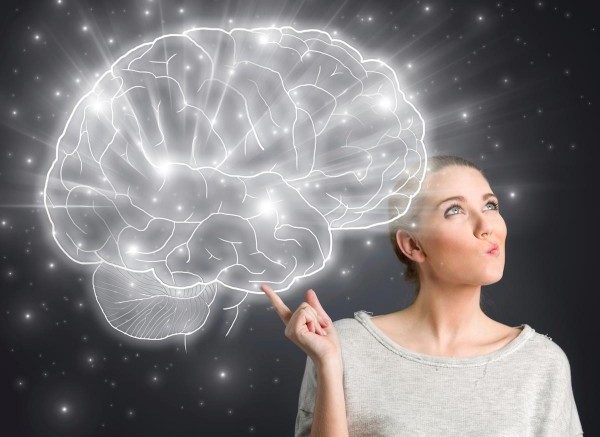According to new research from the University of Warwick, an alarming number of people tend to believe fake facts and are able to recall events that never took place. In the false memories study, Dr. Kimberly Wade from the Department of Psychology demonstrated that half of those who were told completely fictitious life events, repeatedly imagined them — and accepted it as truth.
The memory implantation studies created autobiographical events. Around 50 percent of the participants believe to some degree that they had experienced the implanted memory. Participants remembered a range of false events that were suggested as real. Thirty percent of the participants had a recollection of the event by accepting the suggestion, or going as far to elaborate on it. An additional 23 percent of the participants showed signs that they recall the event to some degree, but really believed it happened.
Dr. Wade and her colleagues concluded that there is an extreme amount of difficulty in determining when a person is recollecting actual past events opposed to false memories in a controlled research environment, and even more so in real life situations. These findings are very significant in many areas and raise questions around the authenticity of memories used in forensic investigations, court rooms – and of course the news provided by the mainstream media.
Fake news creates fake memories among the population
The collective memories of large groups of people may be incorrect due to misinformation. The news can have a striking effect on people’s perceptions and behavior. The mainstream media can — and does — inject fake memories into the minds of their viewers.
Mainstream media outlets are known for being biased. This bias gives their viewers the opportunity to believe information regardless of its validity, and without hearing any other sides to the story. People will remember the perspectives of their media outlet of choice. The same goes for misinformation. Fake news has always been the norm for the major news networks because the mainstream media is just a profitable tool for the establishment to tell it’s sheep what to believe.
Dr. Wade offered up some comments regarding the importance of the memory injection study: “We know that many factors affect the creation of false beliefs and memories — such as asking a person to repeatedly imagine a fake event or to view photos to jog their memory. But we don’t fully understand how all these factors interact. Large-scale studies like our mega-analysis move us a little bit closer.” Said Dr. Wade. “The finding that a large portion of people are prone to developing false beliefs is important. We know from other research that distorted beliefs can influence people’s behaviors, intentions and attitudes.”
Sources:


